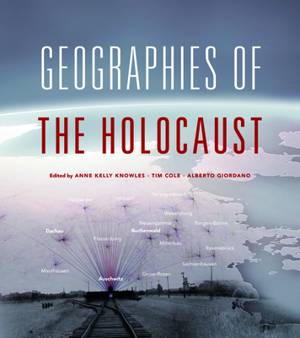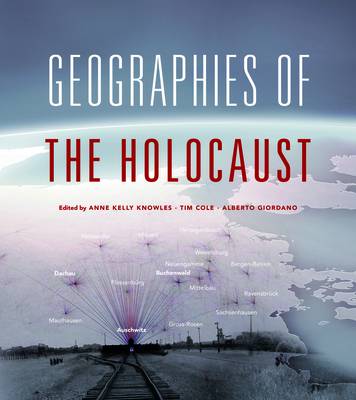
- Retrait gratuit dans votre magasin Club
- 7.000.000 titres dans notre catalogue
- Payer en toute sécurité
- Toujours un magasin près de chez vous
- Retrait gratuit dans votre magasin Club
- 7.000.0000 titres dans notre catalogue
- Payer en toute sécurité
- Toujours un magasin près de chez vous
Description
This book explores the geographies of the Holocaust at every scale of human experience, from the European continent to the experiences of individual human bodies. Built on six innovative case studies, it brings together historians and geographers to interrogate the places and spaces of the genocide. The cases encompass the landscapes of particular places (the killing zones in the East, deportations from sites in Italy, the camps of Auschwitz, the ghettos of Budapest) and the intimate spaces of bodies on evacuation marches. Geographies of the Holocaust puts forward models and a research agenda for different ways of visualizing and thinking about the Holocaust by examining the spaces and places where it was enacted and experienced.
Spécifications
Parties prenantes
- Editeur:
Contenu
- Nombre de pages :
- 260
- Langue:
- Anglais
- Collection :
Caractéristiques
- EAN:
- 9780253012111
- Date de parution :
- 19-09-14
- Format:
- Livre relié
- Format numérique:
- Genaaid
- Dimensions :
- 231 mm x 257 mm
- Poids :
- 1224 g

Les avis
Nous publions uniquement les avis qui respectent les conditions requises. Consultez nos conditions pour les avis.





